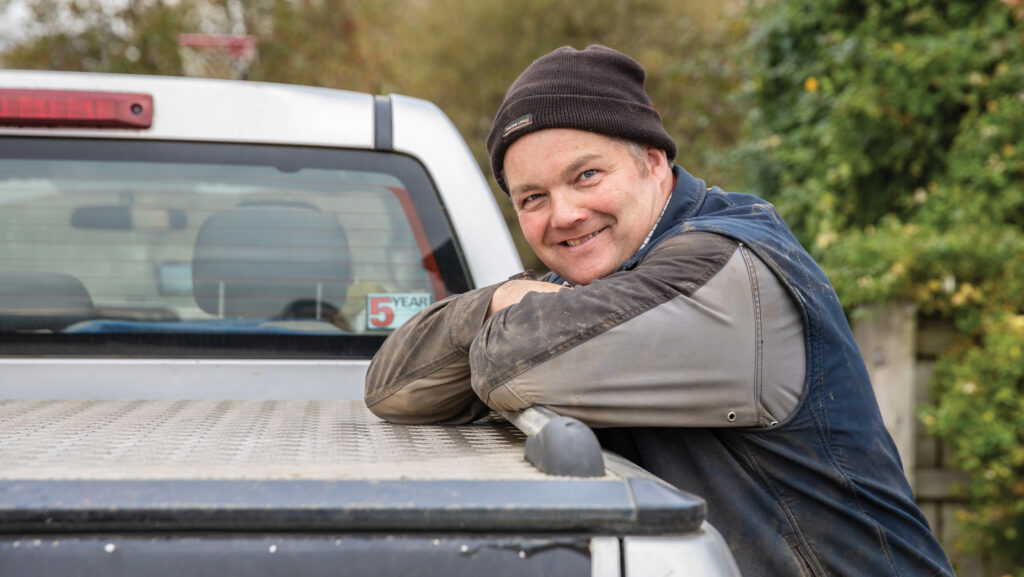Farmer Focus: This harvest takes me back to 2018
 © Angela Waites Photography
© Angela Waites Photography This harvest takes me back to 2018; the year we lost my father. It was a dry harvest, we were into wheat by 1 August.
The main difference to now was that I was trying to do dad’s job as well as my own, which was running our agricultural haulage business, something we wrapped up in June 2019 after a lot of spreadsheet hours.
Transport was dad’s diversification, as it was his father’s too, but sometimes, change needs to happen.
See also: Fungicide project worth over £800,000 secured for three years
Without the uncountable hours that dad put into his passion for very little drawings, an almost seven-figure turnover returned a loss.
I don’t mind hassle if there is reward, but I couldn’t do two jobs well, so the wagons had to go.
Farmers have been told to diversify forever.
In my view diversification needs to either complement the main business or be something for which you possess real passion if it is to flourish. Otherwise, it just won’t work.
Change is nothing new here when I look back, and it will forever be, because where threat exists, so too does opportunity.
It is easy to be downbeat in these capricious times. Certainly my 2026 crop budgets don’t forecast halcyon days, but the light at the end of the tunnel isn’t always the proverbial train coming.
We’ll keep tweaking. Vining peas will now follow sugar beet, assuming we keep growing it, to give a better entry to wheat than spring oats.
After a successful experiment this year, spring barley will replace very mediocre second wheats on heavy land.
Establishment methodology is getting some focus, and my “as little as possible but as much as necessary” policy has been dusted off and reviewed.
Cover crops will stay, but in a simplified fashion – more expensive doesn’t always mean better.
The way we use manure is under review, and it is likely locally sourced poultry muck will form a more regular part of future crop nutrition. We’ll be making more of our own liquid fertiliser.
Extreme seasons are often a good time to establish what consistently works come hell or high water, and what should have been ditched long ago. As usual, we’ll do a bit of both.


